The company behind the UKs first ever nappy recycling facility, which officially opened in the West Midlands yesterday (September 12), has said it plans to open another four facilities nationwide over the next four years.
Canadian company Knowaste told letsrecycle.com it was actively discussing opportunities in Scotland, London, Wales and the West, to follow the launch of its first plant a 36,000 tonne-a-year capacity facility in West Bromwich. In total the firm plans to invest 25 million in the UK, with the money being raised from private investors.
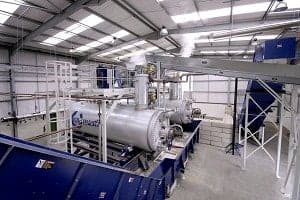
Knowaste first appeared in the UK in 2005, when it emerged the company was in talks with then Mayor of London Ken Livingstone about building a plant in the capital. However, its focus then switched to the Midlands. Originally the company aimed to open a plant at Tyseley, near Birmingham, in 2009, but problems with securing finance in the recession slowed down progress, and the firm decided to develop its first plant in West Bromwich instead.
The West Bromwich facility will treat disposable nappies and other absorbent hygiene products (AHPs) such as adult incontinence items and feminine hygiene items.
Initially, this will all be sourced from commercial AHP waste operators, with services companies such as OCS/Cannon Hygiene, PHS All Clear and Initial Rentokill among those sending what Knowaste said were long-term contracted tonnages to the plant. The companies collect material from washrooms, hospitals, nursing facilities and child care nurseries.
These firms will pay a gate fee to use the facility, which a spokeswoman for Knowaste said was competitive to current landfill costs including taxes. She explained: As landfill taxes continue to rise, Knowaste can help customers avoid these costs for this waste stream in the long term.
Process
The Knowaste process, which was pioneered in Canada, involves nappies and other AHPs being broken apart and sterilised in an autoclave, before being washed and then exposed to a chemical treatment which deactivates the absorbent polymers in the material.
Plastic materials are then removed and sent on for separate processing, where they are compressed into small pellets that can be sold on to reprocessors. The remaining parts of the AHP then enter a screening process that aims to capture any remaining traces of plastic and other organic material.
The remaining organic waste is then dried out and sent for energy generation. According to Knowaste, it treats 95% of all input material itself, with the remainder either being sent to landfill or sewer or, in the case of rejects from the process such as metals, recycled locally.
Output markets
Commenting on the output markets available for the material recovered by the process, a spokeswoman said: There are many sectors interested in the Knowaste plastic and fibre output materials due to their quality and consistency, [which is] achieved from having a consistent feedstock.
For the plastics, sectors for which the material is of interest are plastic component manufacturers, those making construction products such as roof tiles and other reform applications. For the fibres, sectors where the product specification can fit well are the commercial tubing sectors and construction.
Knowaste claims that the consistency of its outputs is achieved by the consistency of its inputs, and contrasts this with some alternative mixed plastic bales, which it says are highly variable. Similarly it says the fibres used in AHP production are of consistent quality and length.
This means that re-processors can set their machines to process more efficiently, the spokeswoman said, adding that the company was in discussions with a variety of unnamed reprocessors.
Sufficient feedstock
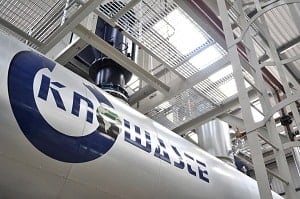
According to Knowaste, each of the plants it is planning to build will have a 36,000 tonne-a-year capacity. The company is confident that, given the majority of the one million tonnes of AHP was generated every year is sent to landfill, there will be sufficient feedstock for these plants.
This comes despite the announcement last week that services company OCS one of the firms sending material to the Knowaste plant is planning to open nappy composting facilities in the UK next year (see letsrecycle.com story).
The Knowaste spokeswoman said: There is material to go around and the fact that others are looking at this waste stream indicates that the importance of providing alternatives to landfill for this material. With Knowaste our customers are able to move forward now with improved sustainability.
Domestic waste
While this West Bromwich plant is initially focused on commercial AHP, according to Knowaste the plant has the flexibility to take waste from the domestic stream and it has said it is already working on targeting this source of material.
The companys chief executive, Roy Brown, said: We are also developing partnerships with local authorities and their waste contractors to recycle domestic AHP waste in the future and our plant here in the Midlands and those intended for Scotland, the West and London will enable both commercial operators and local authorities to further cut carbon, increase recycling and divert waste from landfill.
However, the spokeswoman added: It takes time however to build domestic collections infrastructure and therefore local authorities looking at this waste stream will be an important part of our future development.
Other locations
Knowaste said it planned to announce further details on the other four locations in the near future. The spokeswoman said: We are actively discussing opportunities in Scotland, London and Wales and the West. It is vitally important that we maintain momentum and provide capacity and convenience to become a key player in the recycling landscape of the UK.
And, she said the firm was very confident it would secure the feedstock and output markets needed to make all five plants viable. In conversations with our customers for both feedstock and output materials, it is clear that they would welcome our expansion in other areas so that they can offer the recycling service to more of their customers.
Related Links
Knowastes previous entry into the European market saw it develop a plant at Arnhem in The Netherlands. However, this facility was forced to close due to issues with sourcing feedstock from across the border in nearby Germany and competition for material from incinerators in the area.
The company has claimed that, with developments in its process, it will not face this issue and will able to operate profitably in the UK.





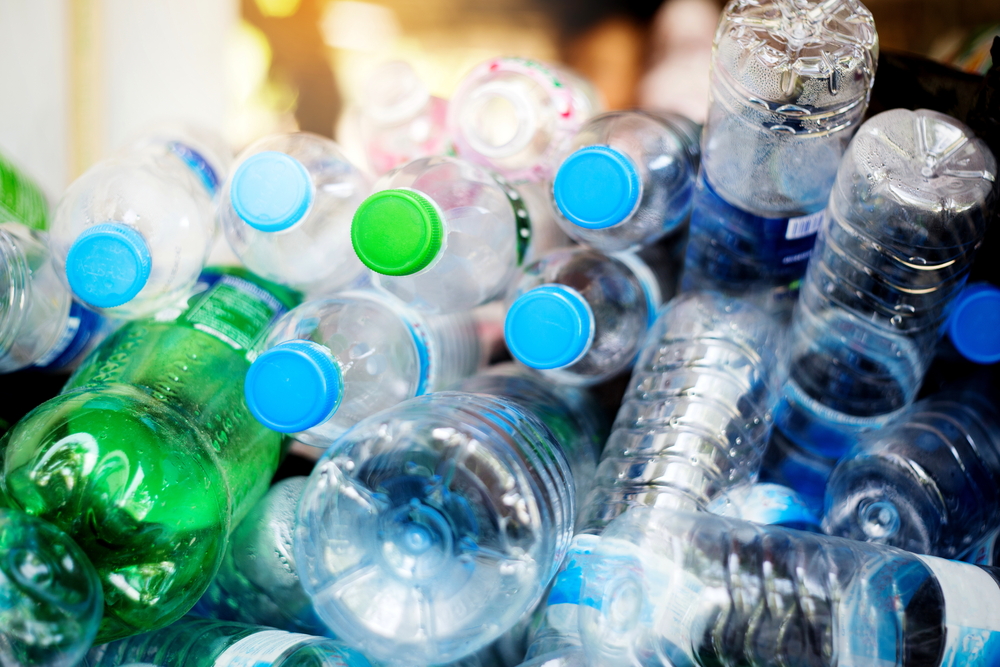
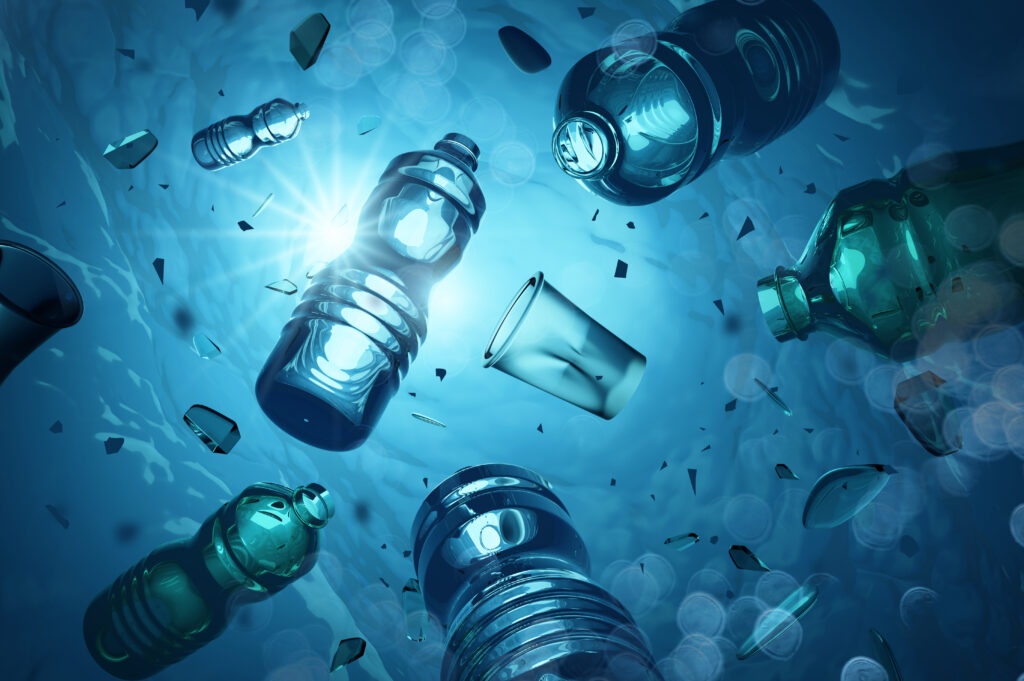
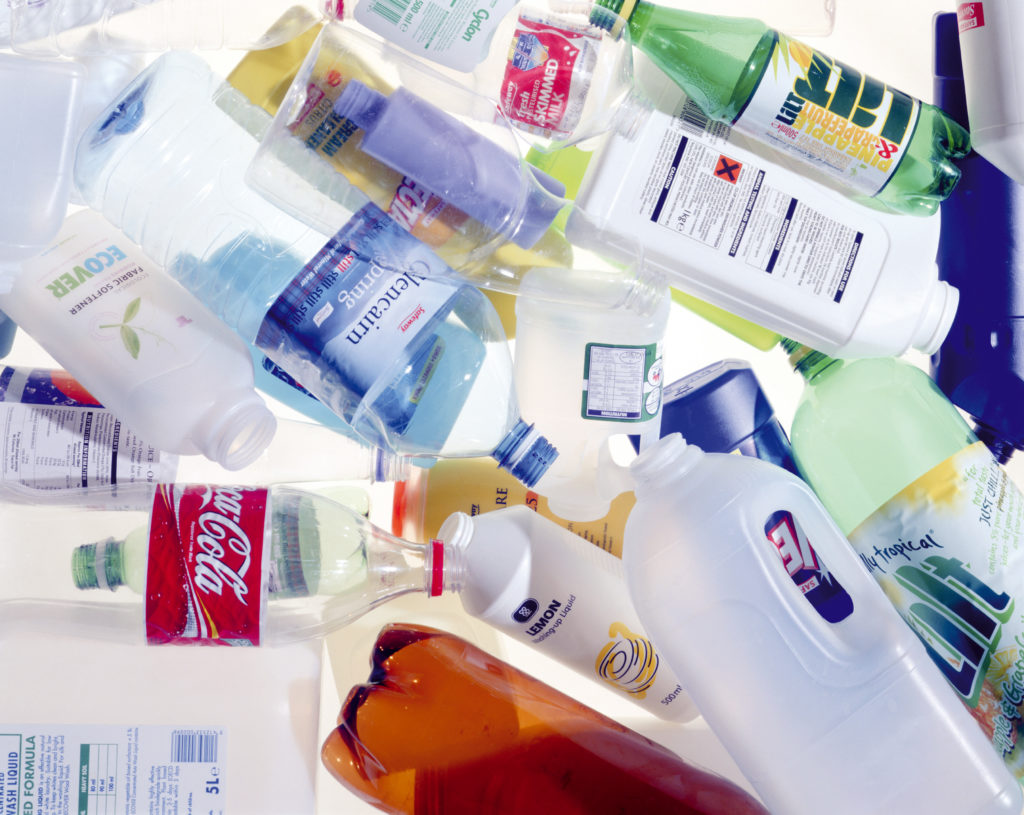

Subscribe for free